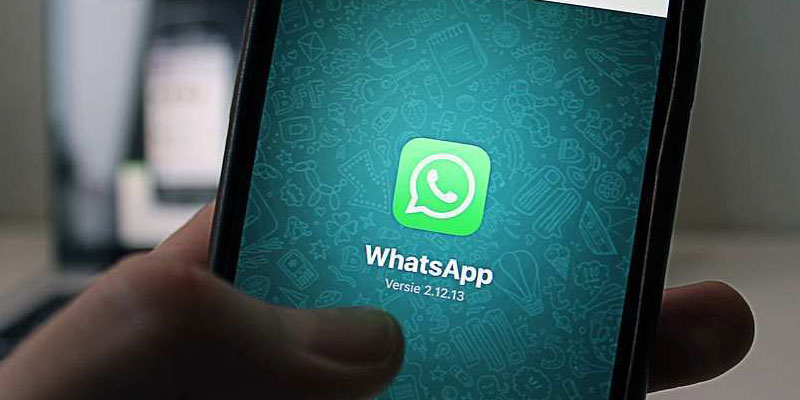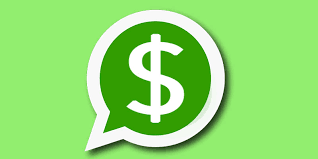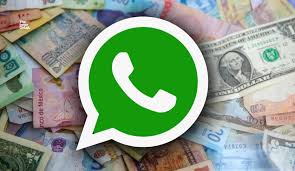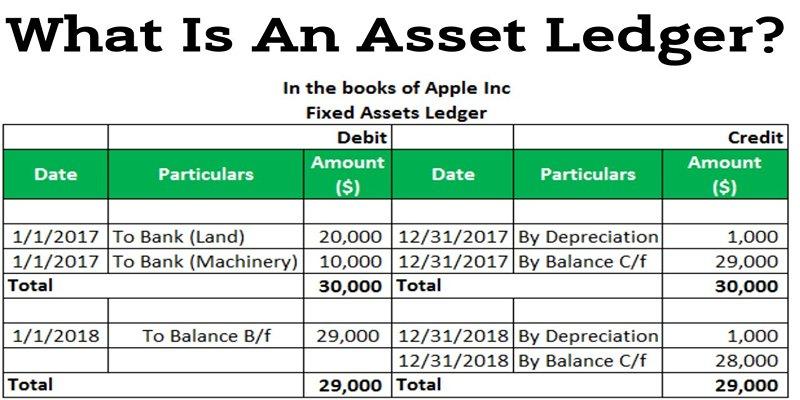
Brian Acton and Jan Koum came up with the idea for WhatsApp in 2009 as a less expensive alternative to existing SMS systems. Users can upload their contact book and communicate with anybody else who has the app loaded for no additional charge while using this app. It is downloadable for use on iPhones, Androids, and desktop computers. How does WhatsApp earn money, considering that it is a free service?
According to the 2014 Facebook Form 10-Q, for the nine months before September 30, 2014, WhatsApp made an income of $1.29 million. This information comes from the acquisition of WhatsApp by Meta (META), previously known as Facebook, in February 2014 for $19 billion.
Jan Koum, a co-founder of WhatsApp and a director at Facebook Inc., announced his retirement from the company in 2018. According to many media accounts, Koum decided to quit the firm after having a dispute with its leadership on the company's handling of user data and its desire to include advertising on WhatsApp. Along with his co-founder Brian Acton, Koum has been a champion for the privacy of WhatsApp users for a significant amount of time.
As of March 2022, WhatsApp had over two billion users across 180 countries. It was the second-biggest product owned by Meta Platforms, Inc. (previously known as Facebook), after the program that bears its moniker. It is now the largest property, surpassing Instagram and Facebook Messenger, the third and fourth largest, respectively. Continue reading to learn how WhatsApp generates revenue.
One Dollar at a Time and Beyond
In the past, the answer may have been found in the form of a single dollar. Depending on where you live, WhatsApp may cost you anything from $0.99 to $1.99 to download. The first year is free in some regions, but future years cost $1.99. At the height of its employment of this strategy, it had around 700 million users all over the globe; hence, its annual income may be estimated to have been $700.000.000 at that time.
In January 2016, Facebook disclosed in a 10-Q filing that since WhatsApp was monetized in "a very limited fashion," it may not produce substantial income over the long term. Facebook also hinted that the strategy would alter due to this revelation. A short time later, WhatsApp stated in a blog post that the period of subscriptions had ended and that the messaging program would now be free to use. This change took effect shortly after the post was published.

Despite this, the app does not include any advertisements of any kind. According to a statement made by the firm at the time, "This year, we will begin testing methods of connecting WhatsApp users with the brands and causes they care about," these capabilities will be available "beginning this year." The end objective is for users to be able to contact directly with their financial institutions, such as banks and airlines, using the app. In contrast, the institutions pick up the tab for the bills previously paid through subscriptions.
Forbes predicted potential revenue to be $27–29 billion by the first quarter of 2022. This is even though WhatsApp's financial records are not publicly available (Meta does not break out its income by business). The number of people using WhatsApp exceeded two billion as of March 2022.
Focusing on Growth
The United States, India, and Brazil are the top three nations with the most WhatsApp users: the former has 390 million, while the latter has 108 million and 75 million, respectively. The spread of SMS applications tends to be exponential; when one person in a social circle downloads and supports using the app, many additional users download the program to interact with the initial person who downloaded the app. These newly acquired users then persuade additional members of their various social networks to download and utilize the application. The growing number of users directly results from the app's ever-increasing need as market share increases.

Is It Really About the Money Though?
Insiders in the industry have argued that one of the primary motivations for Meta's decision to acquire WhatsApp was the company's desire to access the user's personal information and behavioral data. Meta has access to many users' personal information, all uploaded to its servers and stored there. This includes user location sharing data, the 100 billion messages written daily, and users' full contact lists. Even though Mark Zuckerberg has in the past guaranteed that this information would not be used to better consumer targeting in Meta advertisements, it will be if the user does not adjust the settings to prevent information from being shared with Meta.



